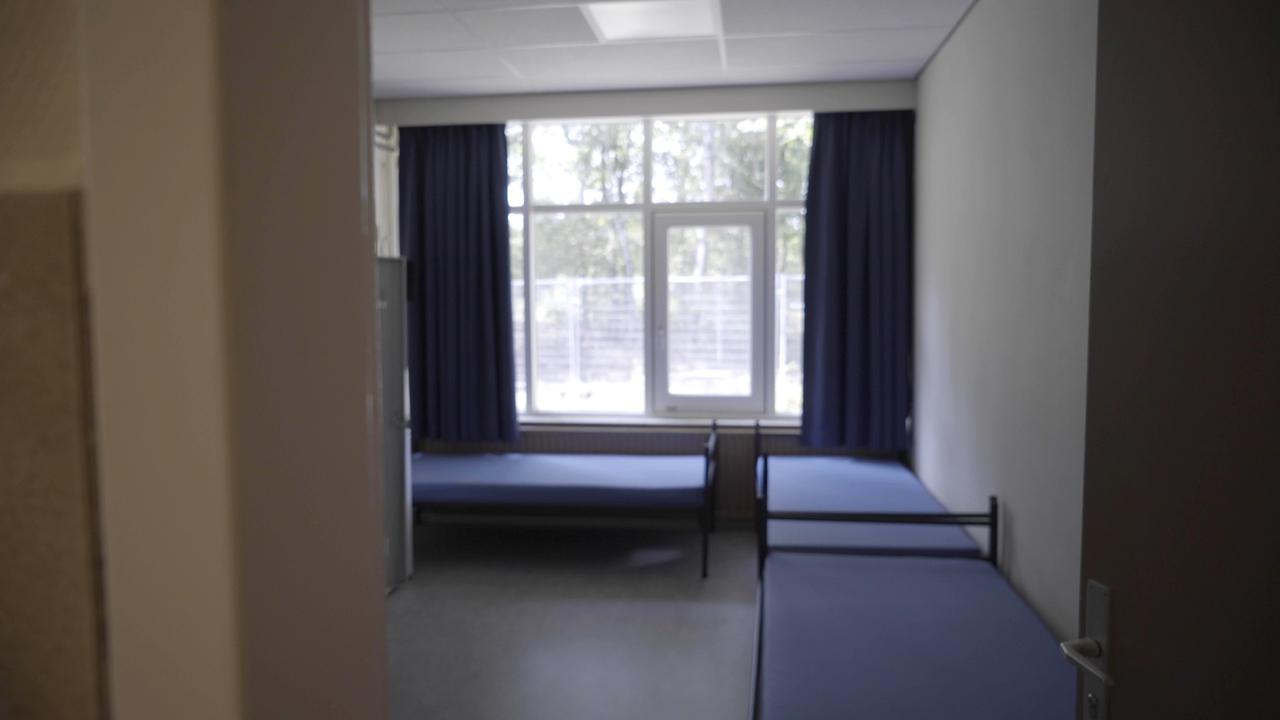Asylum procedure
The Netherlands grants asylum to people who are in danger, risk torture or inhuman treatment in their country of origin. For example if there is a war in their country. First, however, special procedures are followed to determine whether an asylum seeker genuinely needs protection.
International treaties on the protection of refugees
The Netherlands offers protection to people who are in danger in their own country. The obligation to do so is laid down in various international treaties, in particular:
- the Geneva Convention on Refugees, which states that every refugee has a right to protection;
- the European Convention on Human Rights, which states that no one may be subjected to torture or to inhuman or degrading treatment or punishment.
- the Treaty on the Functioning of the European Union: this treaty requires the EU to develop a common policy on asylum covering topics such as reception, admission and return.
Applying for asylum at an application centre
Foreign nationals seeking asylum must report to the Immigration and Naturalisation Service (IND) at Ter Apel. After identification and registration, asylum seekers are transferred to a reception centre, which is usually near the application centre that will process the asylum application.
Asylum seekers entering the Netherlands by plane can report to the Royal Netherlands Marechaussee at Schiphol Airport. As a rule, they are denied admission to the Netherlands. A border procedure is started to deal with their application for asylum. The asylum seeker remains in the application centre at Schiphol Airport for the duration of this procedure.
If the individual is from one of the countries on the list of safe countries of origin, or if there are indications that they already receive protection in another EU member state, a special accelerated asylum procedure applies.
Time for rest and preparation
Asylum seekers are given at least 6 days to recover from their journey. The asylum procedure begins after this period. During the rest and preparation period they are given:
- information about the asylum procedure;
- help from a lawyer;
- a medical declaration for use during their asylum procedure.
The Central Agency for the Reception of Asylum Seekers (COA) is responsible for the reception, supervision and departure (from the reception centre) of asylum seekers.
Interview (with interpreter present)
At a special interview the asylum seeker can explain what they experienced in their country of origin and why they had to leave. The IND will arrange an interpreter for this interview. The asylum seeker can call on the assistance of a lawyer or a representative of the Dutch Refugee Council. During the interview the asylum seeker can speak freely. The IND can ask critical questions if necessary.
Afterwards, the asylum seeker is sent a report of the interview. Together with their lawyer, they may send the IND corrections or additions.
IND assesses asylum applications
IND assesses asylum applications on the basis of:
- the asylum seeker’s story (facts and credibility);
- the security situation in the country of origin.
You can find more information on eligibility for asylum on the IND website.
Asylum residence permit or return
If the IND establishes that an asylum seeker needs protection, they will be given an asylum residence permit.
Asylum seekers who do not require protection must return to their country of origin. Or to the first country of entry to the EU.
Application for judicial review
Asylum seekers whose application is denied may apply to the district court for judicial review of the IND’s decision. They are often allowed to remain in the Netherlands while their case is being considered.
The court assesses:
- whether due consideration has been given to the asylum application;
- whether the decision complies with national and international law.
Accelerated asylum procedure
The faster procedure is used if:
- another EU member state is responsible for processing the application;
- the asylum seeker has already been granted protection in another EU member state;
- the asylum seeker is from a country on the list of safe countries of origin
In these cases asylum seekers are not given time for rest or preparation, and have only one interview with the IND. That interview gives them a chance to explain why their home country is not safe for them. They must make a stronger case than someone seeking asylum from a country that has been deemed unsafe. A lawyer is not normally present during this interview. Afterwards, the asylum seeker can submit additional points and corrections to the IND with the help of a lawyer.
If the application is declared unfounded or inadmissible, the asylum seeker must leave the Netherlands immediately.
Video: basic accommodation
This video (in Dutch, with English subtitles) shows the basic accommodation for asylum seekers from safe countries of origin. Asylum seekers who already have received an asylum permit in another EU member state also receive this basic accommodation.
Permanent residence permit
After asylum seekers have been in the Netherlands for five years, the IND considers whether they still need protection here. They must also have passed the civic integration exam. If they meet these criteria, they are given a permanent residence permit. This permit allows them to stay in the Netherlands. If they commit a serious offence, however, the permit can be taken away.
